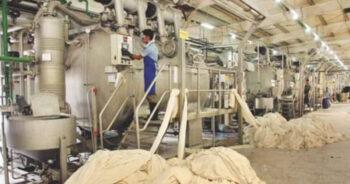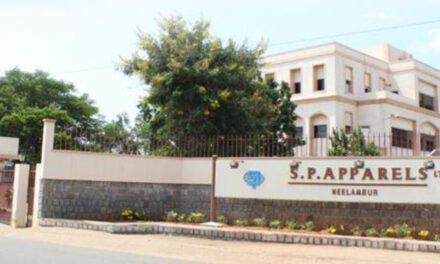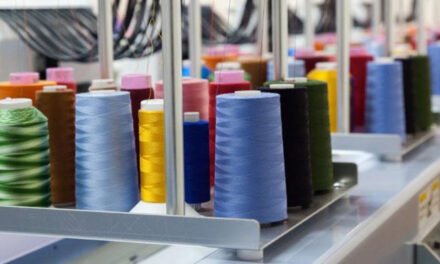 India’s top knitted garment manufacturing hub Tirupur’s textile processing sector is facing problem of accumulated mixed waste salt and bio sludge that are generated from effluent treatment of textile processing units.
India’s top knitted garment manufacturing hub Tirupur’s textile processing sector is facing problem of accumulated mixed waste salt and bio sludge that are generated from effluent treatment of textile processing units.
As per media reports, nearly 60,000 tonnes of mixed waste salt and about 50,000 tonnes of bio sludge lie piled up at the common and individual effluent treatment plants in Tirupur.
Recently Southern India Mills’ Association (SIMA) has also raised this issue to the State CM.
As per industry insiders, about 300 operating textile processing units are connected to 18 common effluent treatment plants (CETPs) and these units recover 80 per cent of water used for processing. The CETPs reuse the water.
The remaining 20 percent of treated water go through reverse osmosis membranes and evaporators and waste mixed salt, bio sludge and chemical sludge are recovered. While the chemical sludge is sent to cement factories for use as co-processing material, bio sludge and waste salt are piled up at the units.
Over the last 10 years, with the textile processing units at Tirupur going in for zero liquid discharge (ZLD), the salt and sludge that are generated in this process have turned out to be major challenges.
B. Murugabhoopathi, CEO, Dyers’ Association of Tirupur says, “We need to look at cost effective methods and the Government should support with initial investments.”
It has been said that the CETPs are trying out different technologies to process the salt for reuse. They have partnered with various institutions to develop and try the solutions.
There is a ray of hope as recently, the South India Textile Research Association partnered with MAK India and released salt-free dyeing technology.
The Tamil Nadu Government has signed an MoU with Incompressible Fluid Control System (IFCS) to reduce and reuse the salts from the waste. A technical team is expected to visit Tirupur soon to study the technology implemented by IFCS at Rayapuram CETP.






















